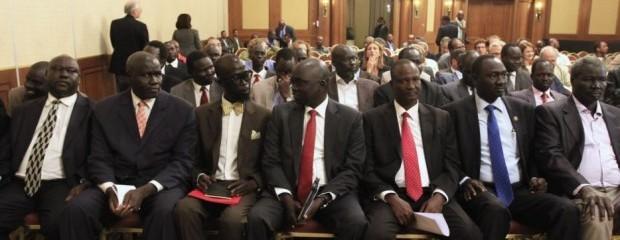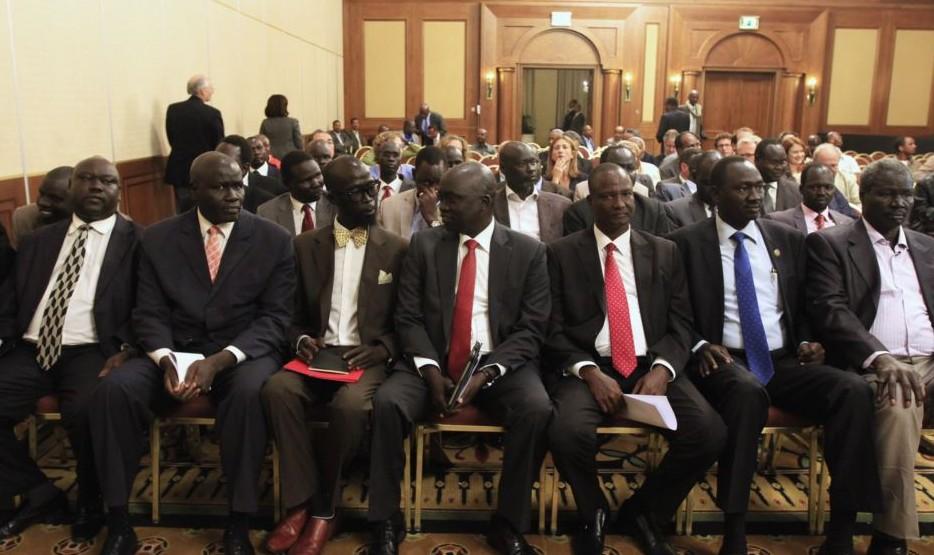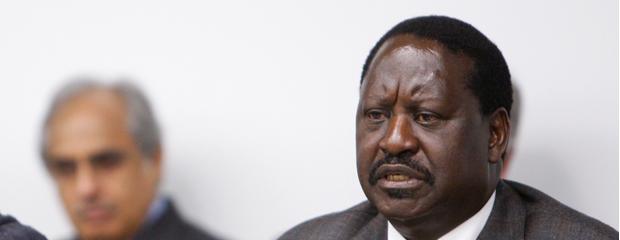Addis Ababa: New talks, old problems – By Stephen Arrno

Whilst many people remain hopeful that the peace talks currently underway in Addis Ababa will lead to a genuine resolution of the conflict in South Sudan, we need to understand that both Sudan and South Sudan are currently dealing with rebellions which came about as a result of a poorly managed peace accord (the Comprehensive Peace Agreement). It is indeed ironic to see both countries in a sub-regional forum trying to address internal conflicts less than three years since they parted ways in a process considered by mediators and international actors as fair, final and comprehensive to the problems of the Sudans.
The irony is that the two states are facing very similar problems of constitution, governance, political space and militarism. In Addis Ababa each of the Sudans will be independently addressing unfinished CPA business – both parties have previously worked tirelessly to delay solutions to these admittedly difficult problems until it was too late and issues materialised into fully blown violent conflicts returning each country to a pre-2005 CPA state.
Nevertheless, the resurgence of violence is not a surprise to observers of Sudanese politics, with many academics and political observers having forewarned the fragility of an exclusive process with a hastily conducted referendum that left many issues between and within the Sudans unresolved.
The new Republic of Sudan (North) was the first to become trapped in conflict, barely a month after the departure of South Sudan, with the rebellion in Blue Nile and South Kordofan. South Sudan actually averted any large implosions through its first year of independence until its slide into conflict last December.
With many blaming external actors (and each country’s antagonistic neighbour) for conflicts, few have defined the crisis of the Sudans as a result of poor policy choices and priorities. Within the CPA framework Sudan chose to split, rather than losing an Islamist hegemonic state, while South Sudanese elites chose a sub-regional role rather than addressing political aspirations within a broader and diverse Sudan.
Moreover, available CPA evaluation literature blamed Western actors – notably “˜The Troika’ (Norway, UK and US) or the IGAD partners’ forum- in pushing for quick results. Indeed, achieving peace for the Sudans was the ultimate target of IGAD, but achieving peace at all cost was the desire of the other international partners who pushed for expedient benchmarks that yielded hollow results. Some of these results included a preference for a procedural election without deepening democratic principles and ushering a referendum without settling some serious concerns that are currently trapping the two countries in conflict. The guarantors of the CPA sometimes behaved as if the accord’s benchmarks were items in a cocktail party list that required ticking off when successfully procured – thus not giving critical consideration to the consequences of passing flawed processes.
Sudan would have benefited most from a real democratic transition made by a genuine election that was both procedural and substantive. In the same way, South Sudan would have benefited from a post-referendum arrangement that was accommodative and a transition that was all encompassing for political actors.
However, despite blame for a “˜western’ push through a “˜flawed process’, a great deal of blame can be left with both parties who set the wrong priorities and the easiest goals to achieve – thus avoiding offering permanent solutions to Sudan’s perennial problems. The policy choices taken by both parties during the CPA period shaped the current trends and led to the explosions over identical issues of governance and management of diversity.
The NCP was the first to adopt an exclusive policy banning its main opponent, the SPLM, from political space in Sudan under the pretext that it is a “˜foreign’ political party. South Sudan on the other hand did little to build its highly fractured society, instead ushering in restrictive legislatures affecting political parties, civil society and the media. Moreover, the SPLM as a ruling party has hardly demonstrated the ideals of democracy within its rank and file either during its liberation years, political partnership with the NCP or more recently in government. The same leaders calling for democracy within the SPLM today are the ones who designed the laws and legislation blocking democratic practices within the newly-independent state and ruling party.
With the two parties independently grappling with issues that they could have resolved jointly during the CPA period, there is an opportunity for regional and international actors to avoid repeating past mistakes. IGAD member states need to learn from past shortcomings – such as how the Somali peace talks were complicated due to regional rivalries and disconcerted efforts by members.
The current round of talks over the Sudans is an opportunity for international actors to reflect on a solution that will not in the future regenerate within a different context. It is time to realise that working for the independence of South Sudan at the expense of a democratic transition and deepening democratic principles has made it necessary for the same actors to work tirelessly to re-unite the Sudans economically within the cooperation agreement.
For success to be achieved in both Sudans it is high time for both parties to pause and reflect on thirty years of militarism that has facilitated a resurgence of conflicts and instability. Both IGAD and the AUHIP currently mediating conflicts for the Sudans must realise that they are dealing with the same problems and actors within different contexts, which means there is need for the involvement of a third voice.
This could be the time for the Sudans to take Justice Africa’s “˜Civil Project’ proposal seriously and to usher in a transition for a permanent settlement of conflicts and democratic principles. Without this, the two countries will forever be trapped in a two country one system trajectory.
Stephen Arrno is a Political Analyst working in South Sudan. These views are his own.







